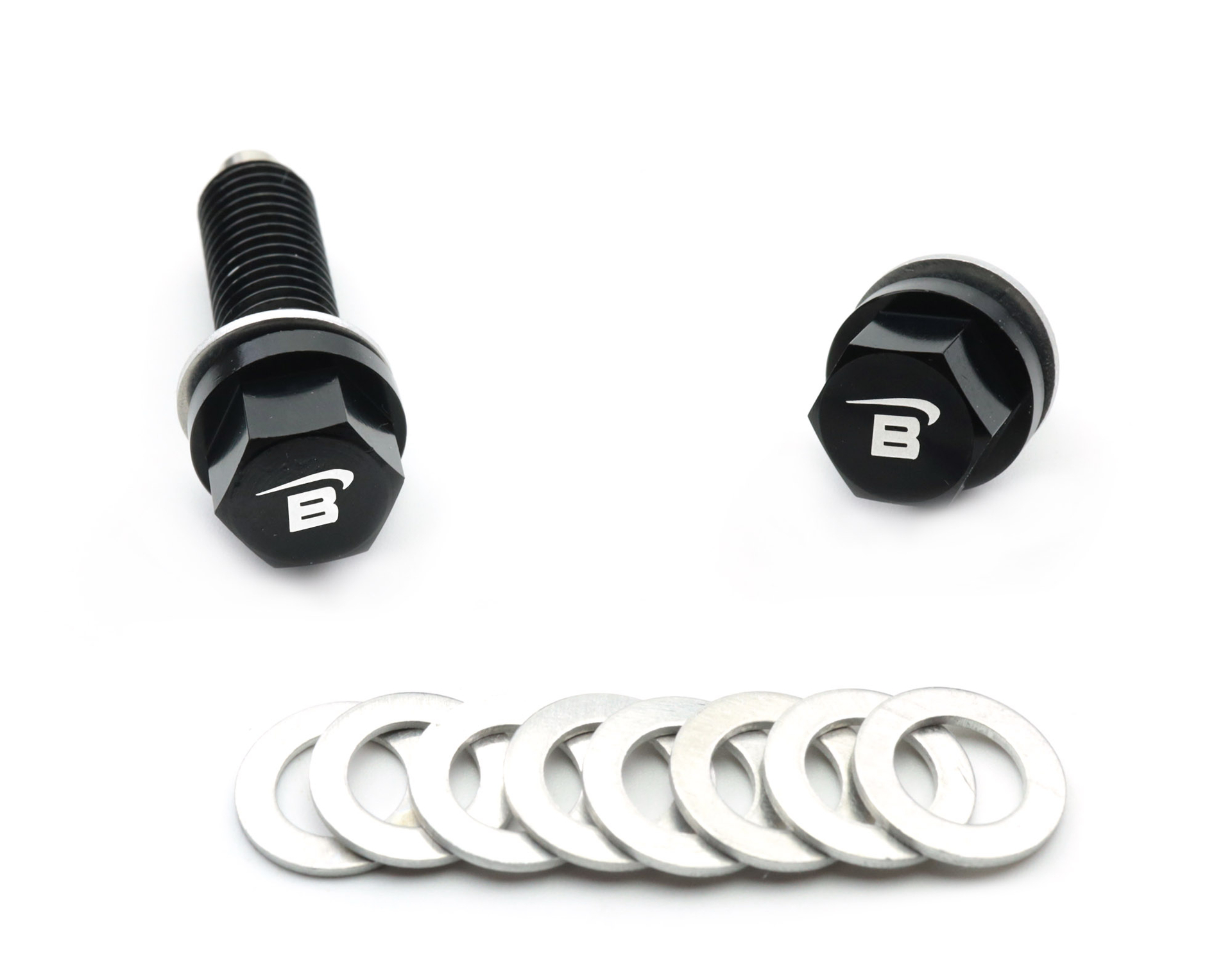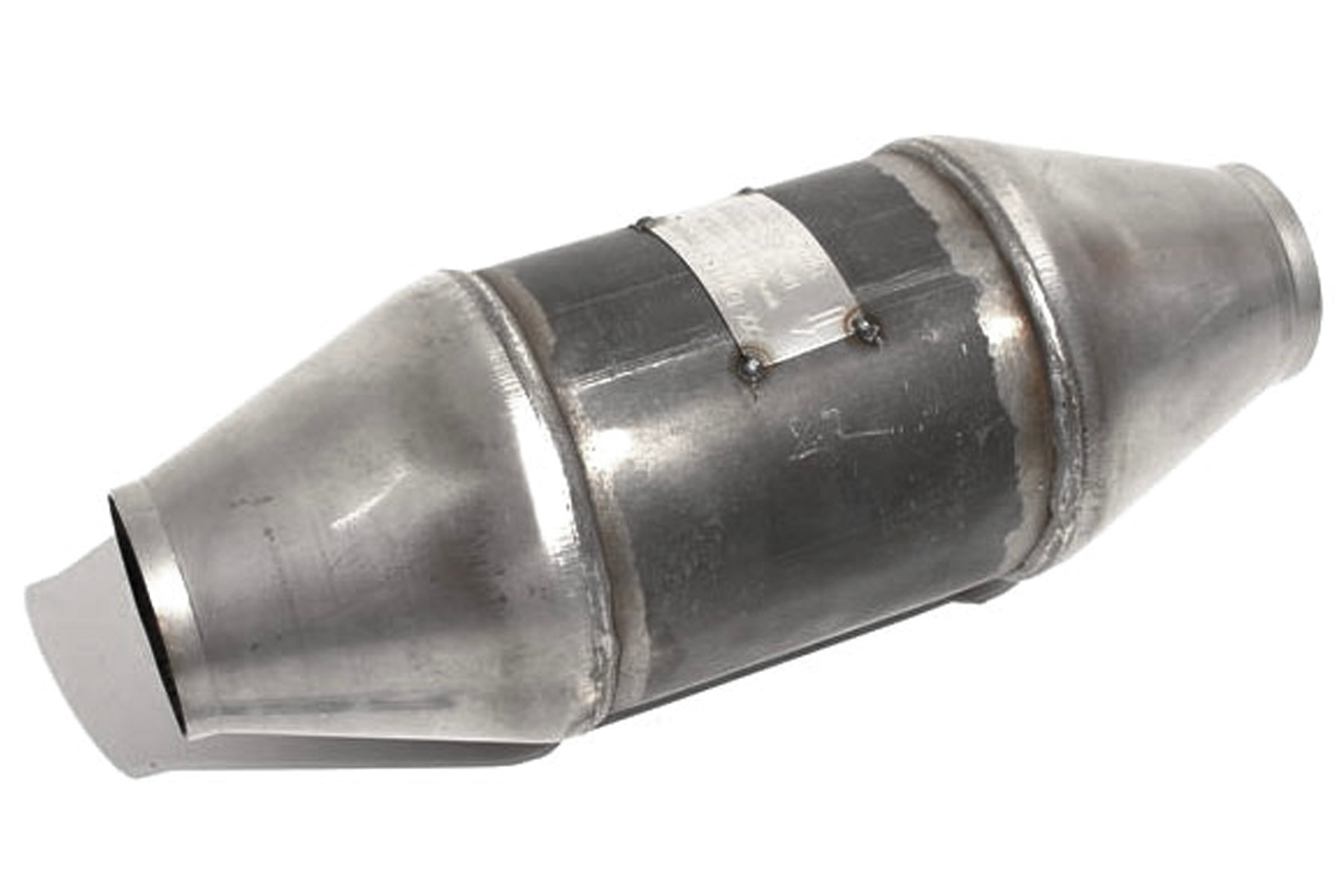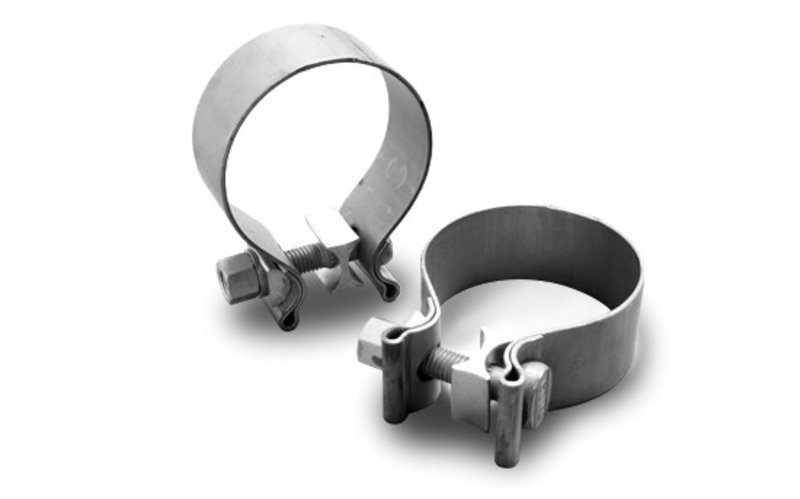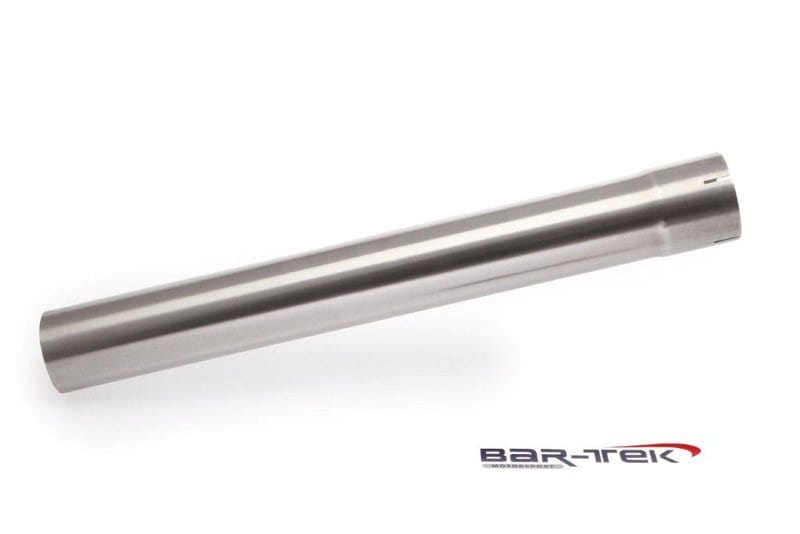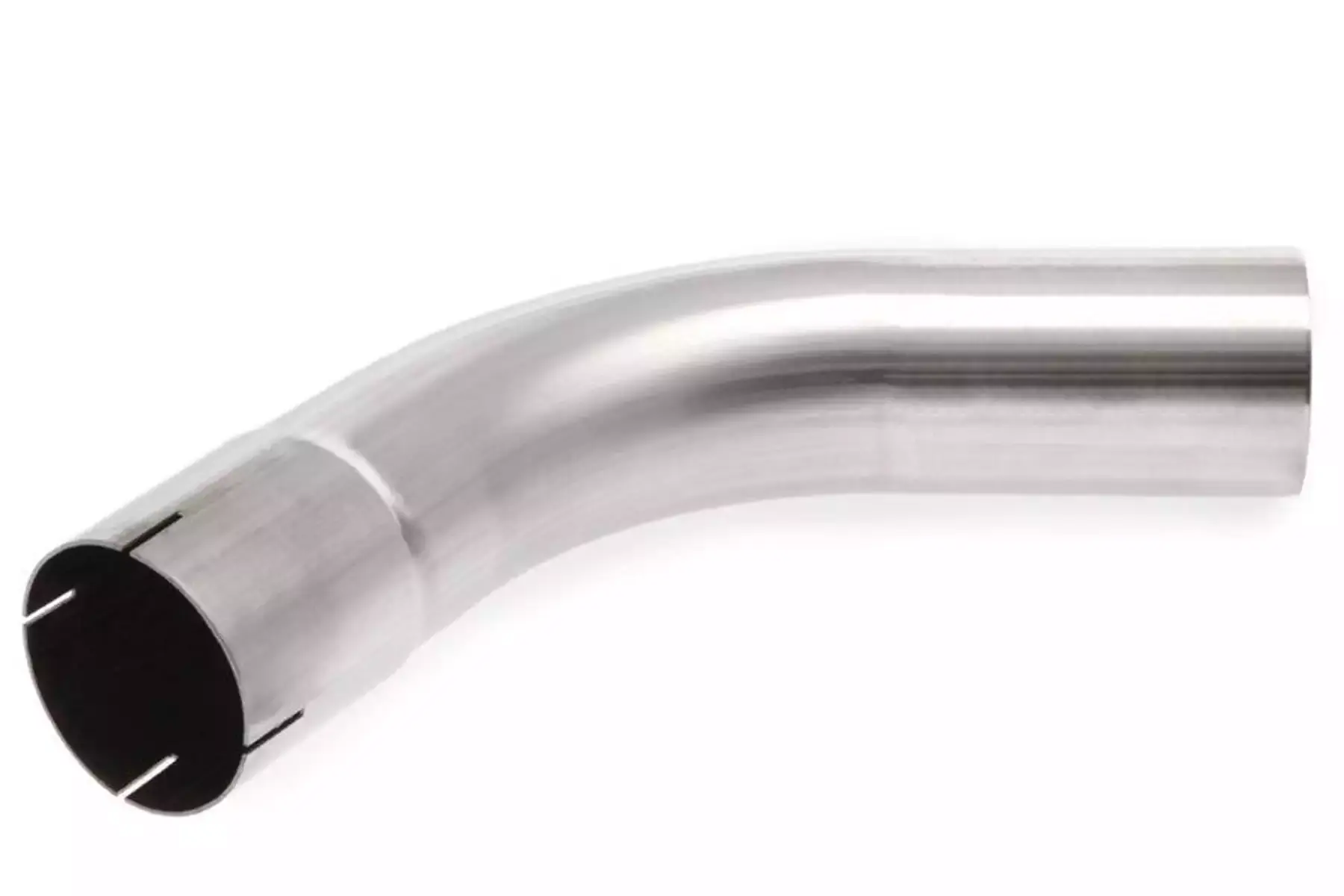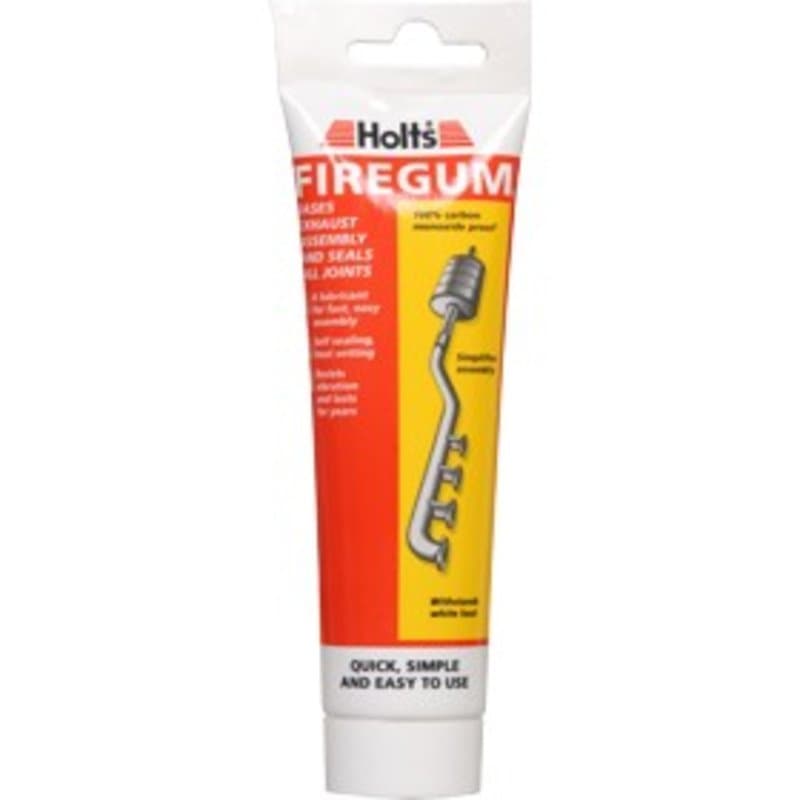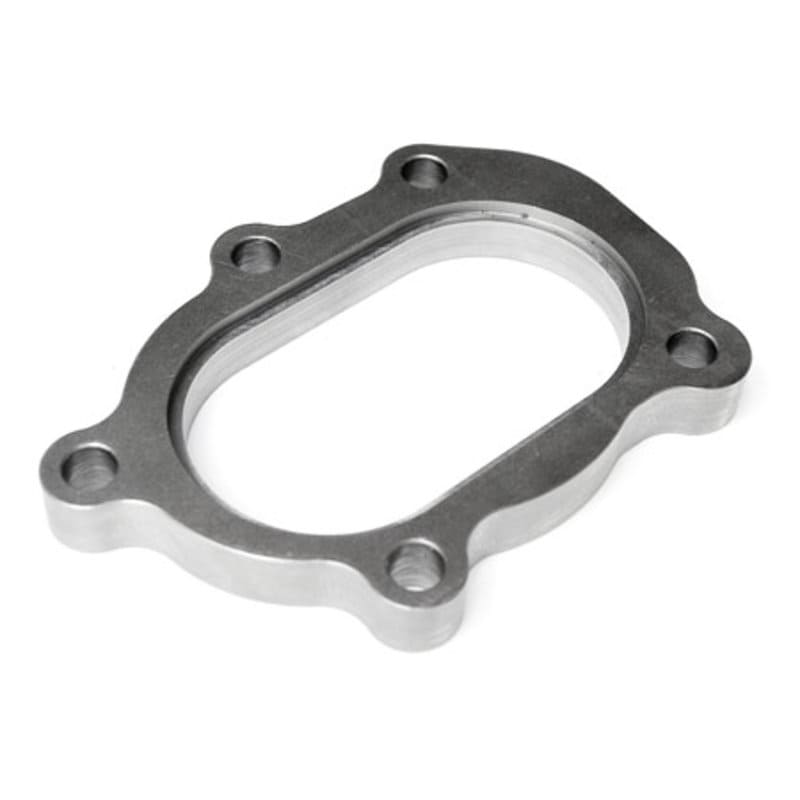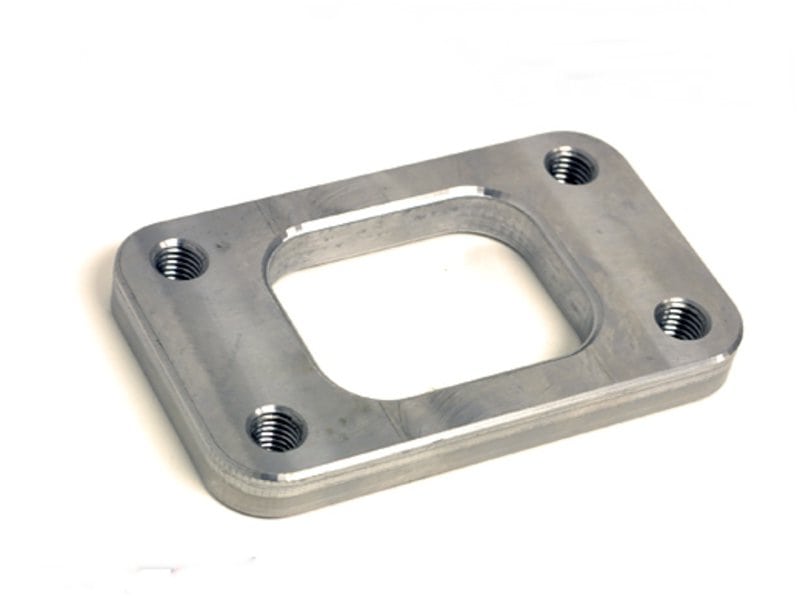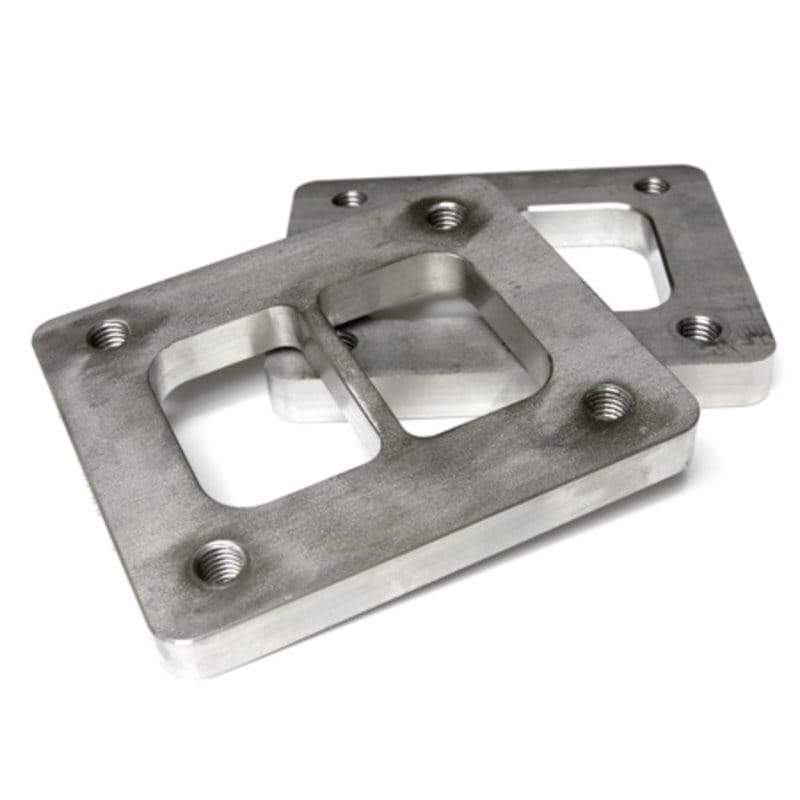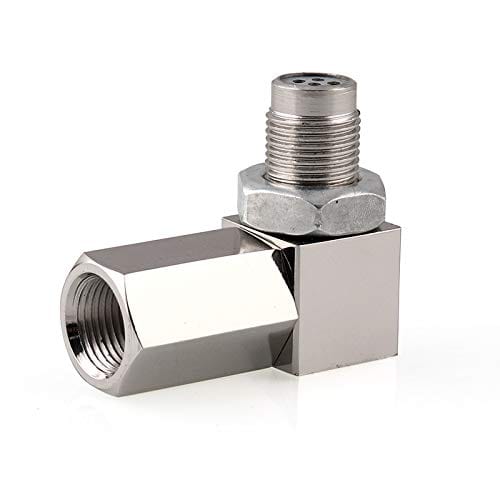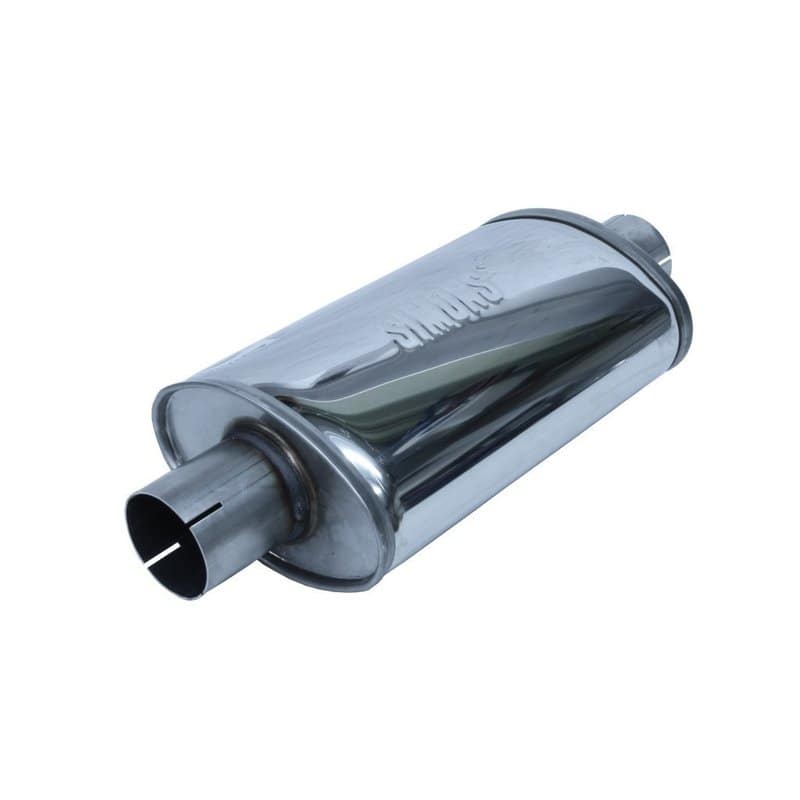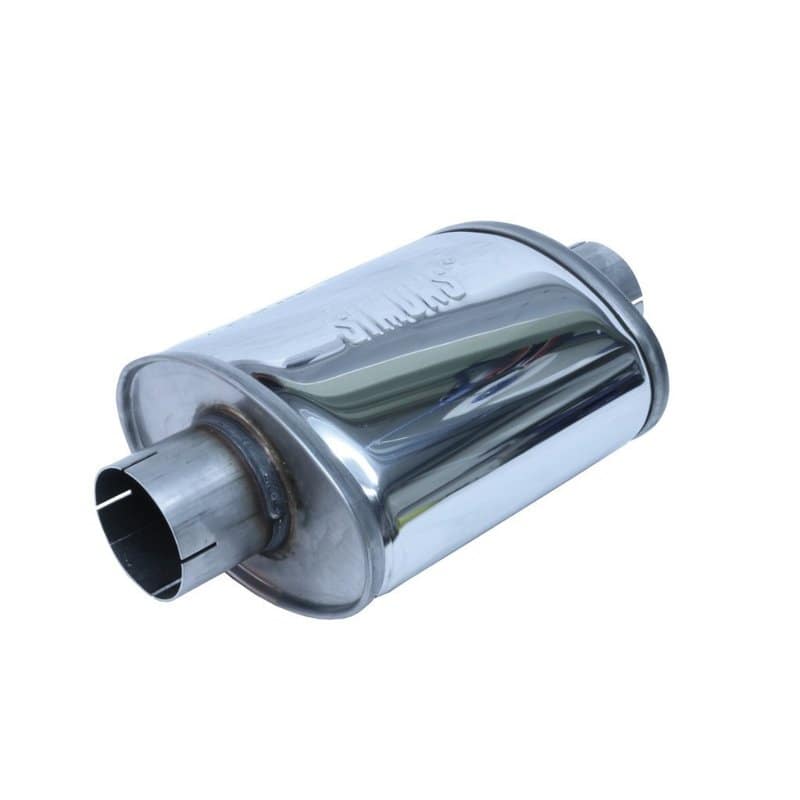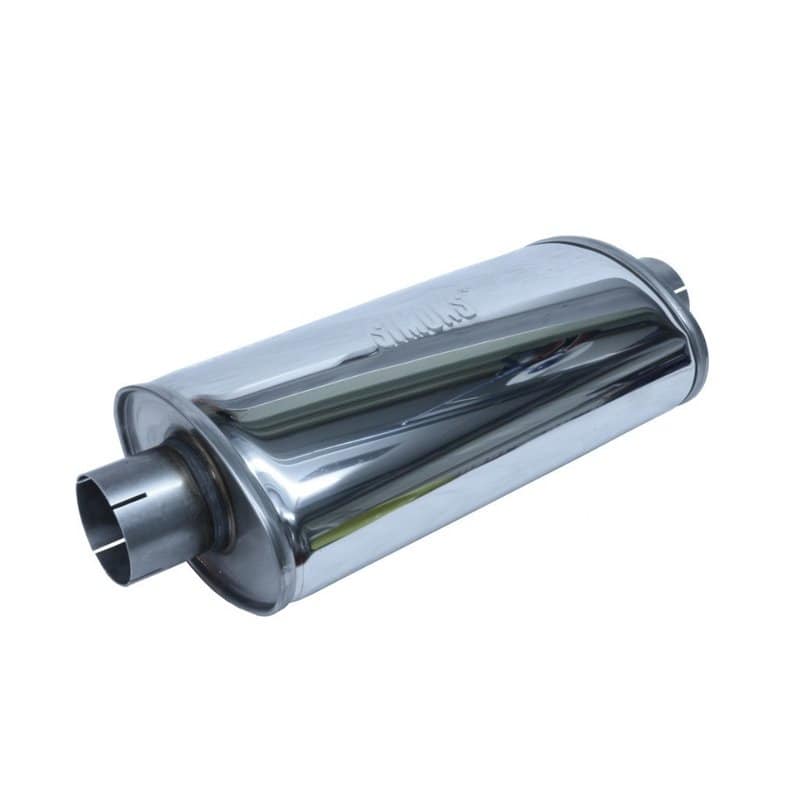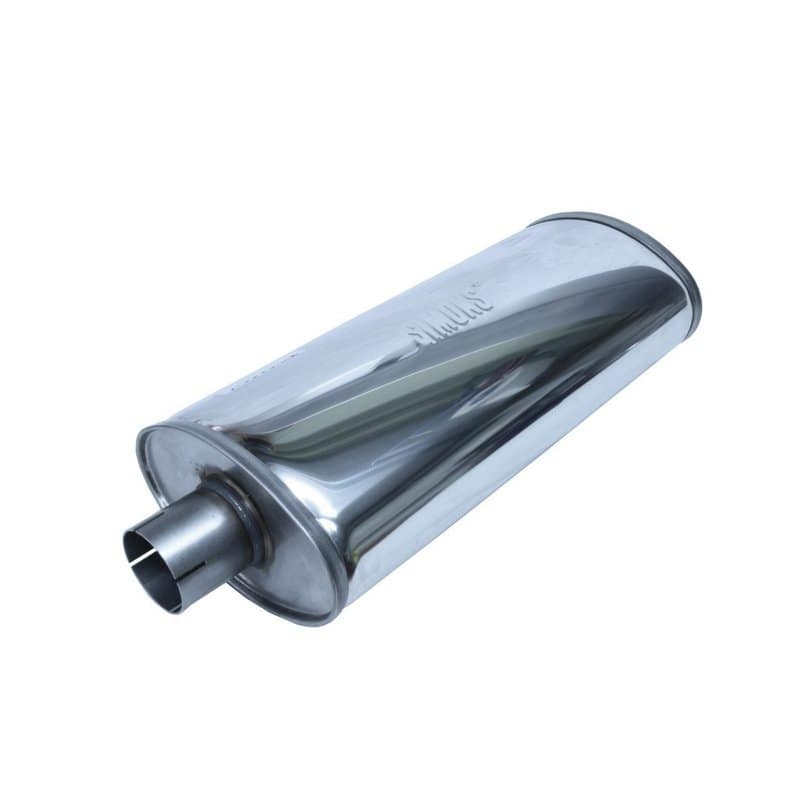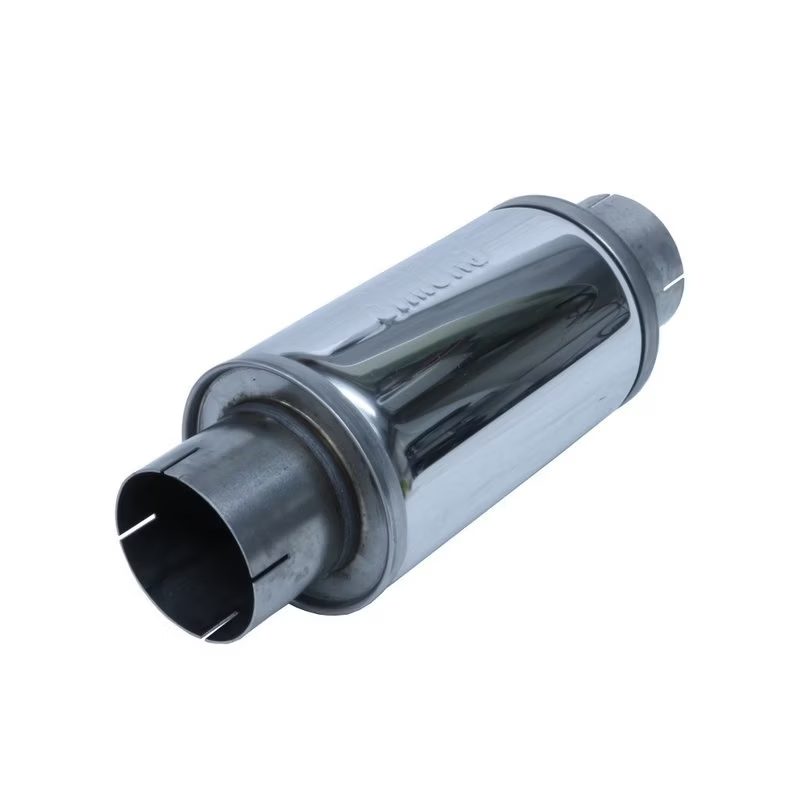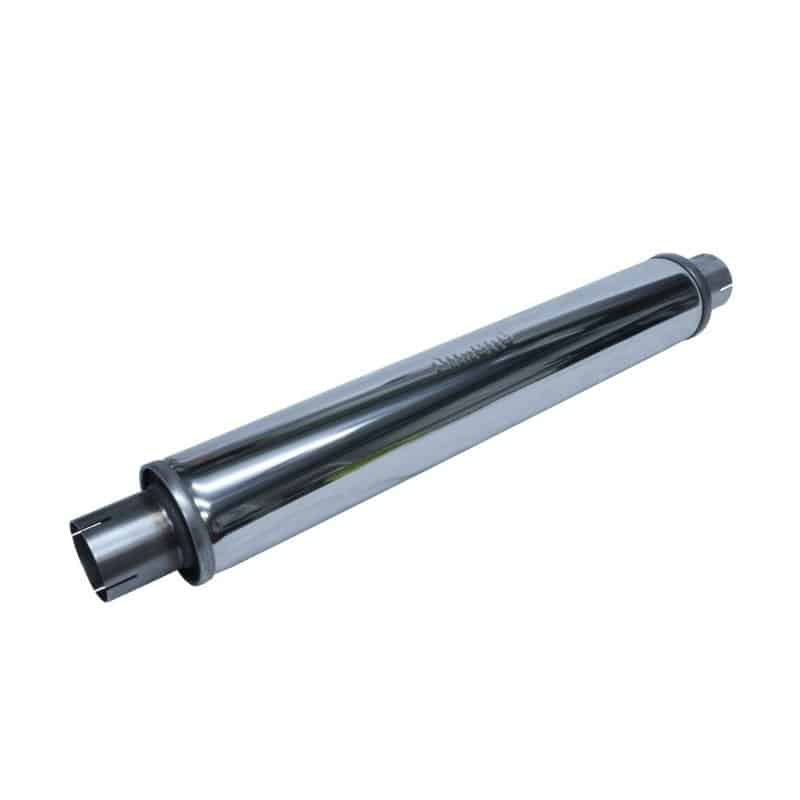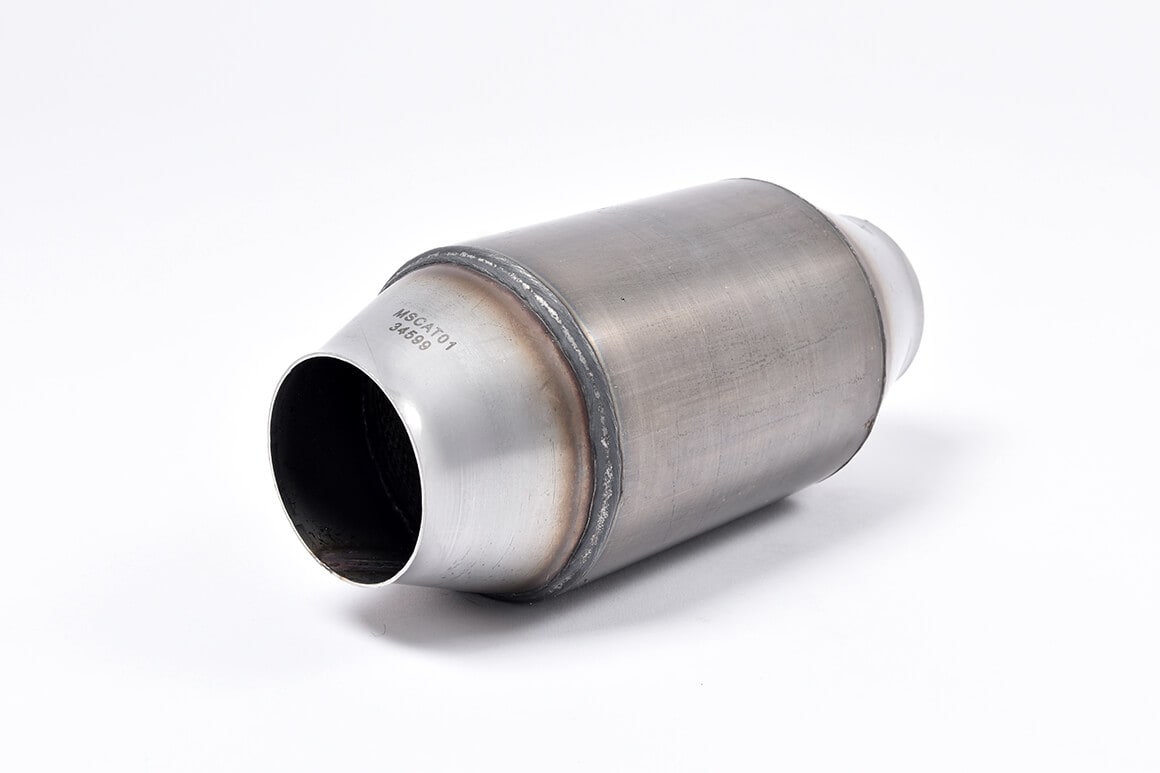
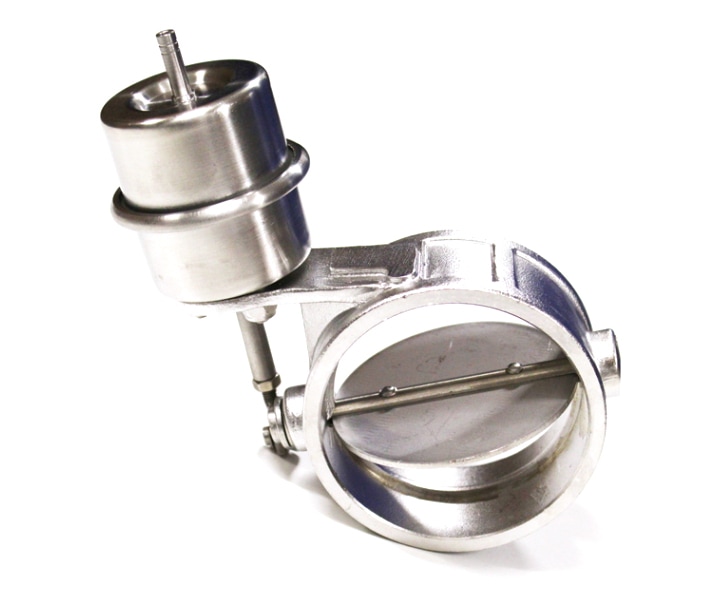

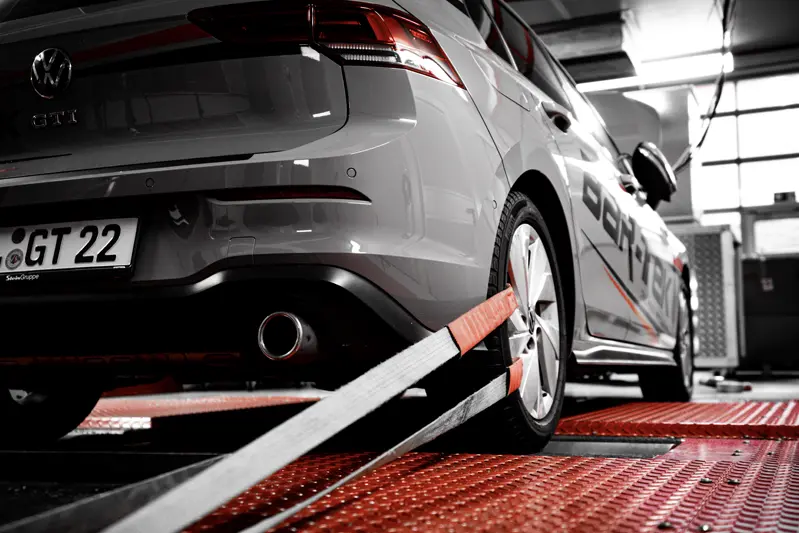
Stainless steel exhaust flap 3", 76mm flap control vacuum controlled
- Stainless steel
- adjustable
- Vacuum controlled versions

- Description
- Inner diameter: 76 mm
- Outer diameter: 86 mm
- made of stainless steel
- adjustable
- Vacuum controlled
- Open: the flap is closed with negative pressure and opens with decreasing negative pressure.
- Closed: the damper is closed and then opens with negative pressure.
- Fits for
- Videos
- Questions about the product
- Reviews
- Blog Posts
- Accessories
If you're looking for individuality, you've come to the right place. With our stainless steel exhaust flaps, you can customise your exhaust flap to suit your wishes. Whether loud or quiet is up to you.
Features:
Versions:
The function of the dampers is simple:
When closed, the exhaust gases are channelled through a silencer. As soon as the flap opens, part of it passes through a continuous pipe or silencer replacement, for example. This makes the exhaust louder.
The vacuum-controlled flap is closed in the vacuum range and opens as soon as the vacuum decreases or, in the case of turbo engines, goes into overpressure. For example, a hose is laid from the intake manifold to the actuator of the flap or, alternatively, the flap is controlled via a remote control or switch. A pulse valve is then installed for this purpose.
Manufacturer
Information about the manufacturer
BAR-TEK®
BAR-TEK Motorsport GmbH
Im Rauschen Auel 3, 51491 Overath-Brombach, Germany
info@bar-tek.com



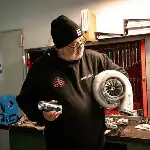

Accessories
If you're looking for individuality, you've come to the right place. With our stainless steel exhaust flaps, you can customise your exhaust flap to suit your wishes. Whether loud or quiet is up to you.
Features:
- Inner diameter: 76 mm
- Outer diameter: 86 mm
- made of stainless steel
- adjustable
- Vacuum controlled
Versions:
- Open: the flap is closed with negative pressure and opens with decreasing negative pressure.
- Closed: the damper is closed and then opens with negative pressure.
The function of the dampers is simple:
When closed, the exhaust gases are channelled through a silencer. As soon as the flap opens, part of it passes through a continuous pipe or silencer replacement, for example. This makes the exhaust louder.
The vacuum-controlled flap is closed in the vacuum range and opens as soon as the vacuum decreases or, in the case of turbo engines, goes into overpressure. For example, a hose is laid from the intake manifold to the actuator of the flap or, alternatively, the flap is controlled via a remote control or switch. A pulse valve is then installed for this purpose.
Manufacturer
Information about the manufacturer
BAR-TEK®
BAR-TEK Motorsport GmbH
Im Rauschen Auel 3, 51491 Overath-Brombach, Germany
info@bar-tek.com





Accessories

































































































